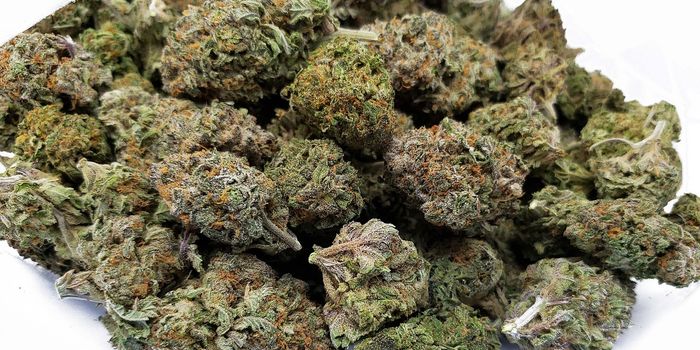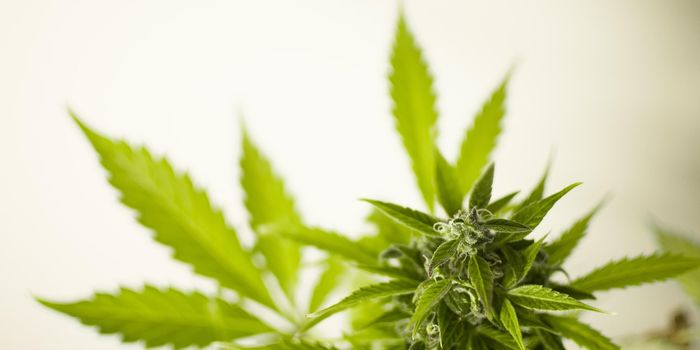Decrease in Youth Substance Use During the Pandemic
A review published in Child and Family Disaster Psychiatry found that youth substance use declined during the COVID-19 pandemic. Using Preferred Reporting Items for Systematic Reviews and Meta-analysis (PRISMA) to design and execute the review, West Virginia University researchers reviewed 49 studies that focused on adolescent use of alcohol, cannabis, tobacco, and e-cigarette/vaping. The majority of the studies reported reductions in prevalence of all categories of adolescent substance use.
People under the age of 24 reduced their use of vaping, and consumption of alcohol and other drugs dropped during the pandemic. Social distancing, stay-at-home orders, remote schooling, and spending more time with families rather than friends mean youth were less exposed to peers who might introduce them to substances. Drug and alcohol experimentation often happens outside the home, but pandemic social distancing practices drastically limited opportunities for peer substance use activity.
The WVU researchers stressed the importance of raising awareness of health risks associated with adolescent substance abuse. According to doctoral student Hannah Layman, “Substance use can affect a young person’s body in many ways such as the development of mental health issues (depression, anxiety, conduct problems, personality disorders and suicidal thoughts), injuries due to accidents, decreased bone mineral density, preventing proper brain growth and function, delayed puberty, liver damage and so much more.” She explained that early intervention, increasing substance use awareness, access to quality mental health services, and support and supervision from guardians and parents are critical for reducing adolescent substance abuse rates.
The WVU research team plans to investigate differential risks across vulnerable teen populations and sex differences influencing use patterns. Teens who navigate challenging family dynamics or who live in resource-deficit communities may turn to substance abuse to cope with adverse conditions. Covariates of socioeconomic status and social determinants of mental health are critical to understanding how to best support youth at risk.
Sources: Child and Family Disaster Psychiatry, West Virginia University School of Public Health








